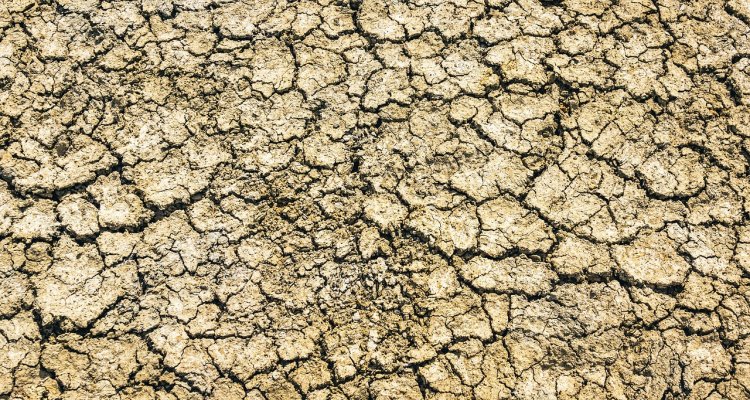
Project
Enhancing Sustainable Agriculture: Building capacity of Palestinian HEIs in InnovativeWater Technologies and Practices (ESA)
The Palestinian territories face severe water scarcity due to a combination of factors, including population growth, climate change, and limited water resources and the political conflict. As a result, there is a pressing need to improve water use efficiency and promote sustainable practices in agriculture. The building of capacities for the staff of the universities in hydroponics, micro-irrigation, and re-use of treated water can significantly contribute to this effort.
By building capacities in these areas, staff of the universities can disseminate knowledge and skills to their students, who can then apply them in their communities. This can lead to the adoption of more efficient water use practices in agriculture, including the use of hydroponics, which can reduce water usage by up to 90% compared to traditional farming methods. Micro-irrigation can also improve water use efficiency by delivering water directly to plant roots, reducing evaporation and runoff.
This TMT+ programme aims to respond to the requesting organisation by strengthen the capacities of the staff of An Najah National University and Hebron University, and other organisations.
Both universities had benefited from previous Orange Knowledge Program projects, so this TMT+ will build on the results gained by providing several trainings on the topics of soil and water management, micro- irrigation, climate-smart agriculture and, water governance and water value. All trainings are aimed at providing the participants with experience and knowledge on innovative solutions for water and agriculture issues.
The project is led by SLM group in WUR and the trainings will be provided by 2 groups in WUR, SLM and plant science groups (PSG-WUR) and Nectaerra company.
The project is part of
Orange Knowledge Programme (OKP) which is funded by the Netherlands' Ministry
of Foreign Affairs and managed by Nuffic.